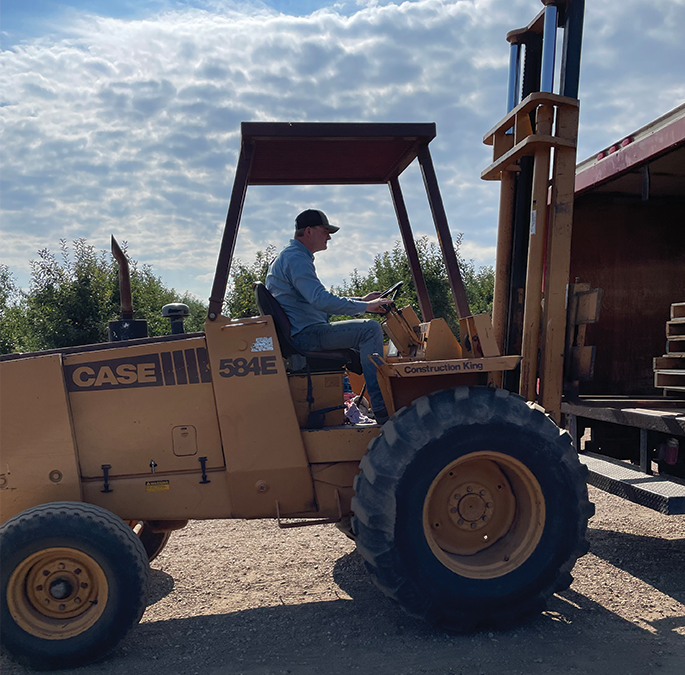Ag Labor
The agriculture industry faces unique employment needs and challenges, and the current guest worker program is unworkable. Production agriculture requires sufficient farm labor resources in order to continue to supply the nation and the world with high quality food, fiber and fuel.

Labor and Immigration
The agriculture industry faces unique employment needs and challenges, and the current H-2A guest worker program is unworkable. Production agriculture requires sufficient farm labor resources to continue to supply the nation and the world with high quality food, fiber and fuel. Additionally, many in the industry rely on the H-2B program, which continuously hits an arbitrary cap on visas allocated yearly resulting in employers without access to needed workers.
For production to continue in this country, agriculture must be supported by federal programs that allow for their labor needs to be met. Federal policies now and in the future must recognize the unique nature of agricultural work and our international competitiveness issues that require access to a flexible workforce. Additionally, farm safety is of the highest importance.
Policy Priorities
- Support immigration reform that meets the unique needs of all segments of agriculture, in terms of visa length and addressing agricultural workers currently in the Without immigration reform, the current H-2A process must be simplified and eligibility extended for non-seasonal workers to meet the needs across all of agriculture. In addition, clarification of agricultural cooperative eligibility in the H-2A program is needed. A farmer-owned cooperative is an extension of the farmer, and as such eligible job duties performed at the agricultural cooperative should be considered permissible for the purposes of the H-2A program.
- Support policies that utilize a fair and predictable approach to wages and benefits that does not unduly impede U.S. competitiveness.
- Support alleviating or removing visa cap pressure on the H-2B program.
- Oppose mandatory E-Verify without a workable, legislative solution for agriculture’s current and future workforce. Oppose any efforts to exempt agriculture from the use of E-Verify which would likely lead to an increase in industry workforce audits.
- Support efforts to ensure that immigration regulation and enforcement procedures, including by the Department of Labor and Department of Homeland Security, do not impose unreasonable costs and overly burdensome obligations on agricultural employers.
- Support simplifying the methods for small seasonal employers to determine whether they are subject to the employer mandate under the Affordable Care Act and defining “seasonal employee” as a worker who is employed on a seasonal basis for six months or less during the calendar year, consistent with Department of Treasury regulations.
- Support responsible and cost-effective regulatory policies that provide a safe and productive work environment while promoting our economic competitiveness. Oppose federal efforts that do not adequately recognize the diversity of co-op services, agricultural production, and processing.
- Farms with 10 or fewer employees should not be regulated by the Occupational Safety and Health Administration.
- Support policies that enhance the ability of young people to seek employment in agricultural operations and related fields.
- Support policies that promote maximum flexibility in structuring employee hours, career advancement opportunities for employees, and clarity for employers in classifying their employees under the Fair Labor Standards Act (FLSA).
- Support policies to restore clarity around determining employee or independent contractor classifications under the Fair Labor Standards Act (FLSA).
- Oppose policies and proposals that would expand the rights of third parties to be present at Occupational Safety and Health Administration (OSHA) inspections beyond those established in the 1993 OSHA regulation governing participation by employee representatives.
Related Materials
External Link

NCFC Submits Comments to U.S. Department of Labor on Worker Protection Rule